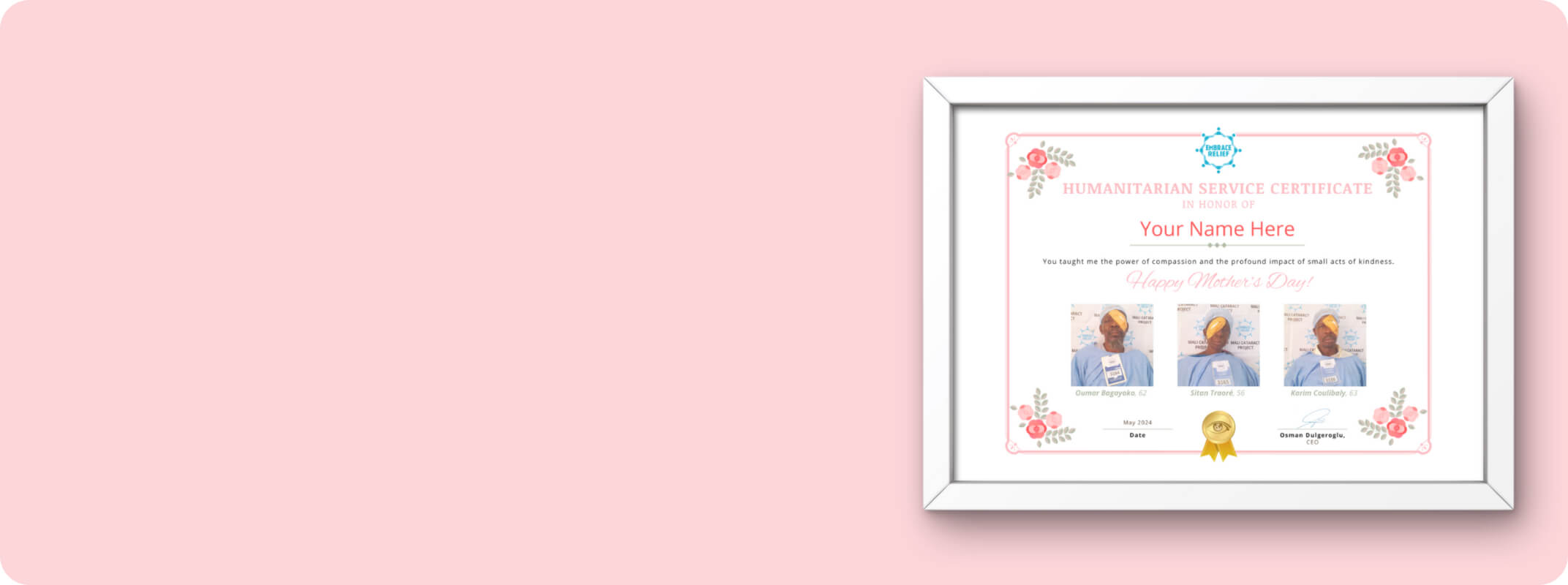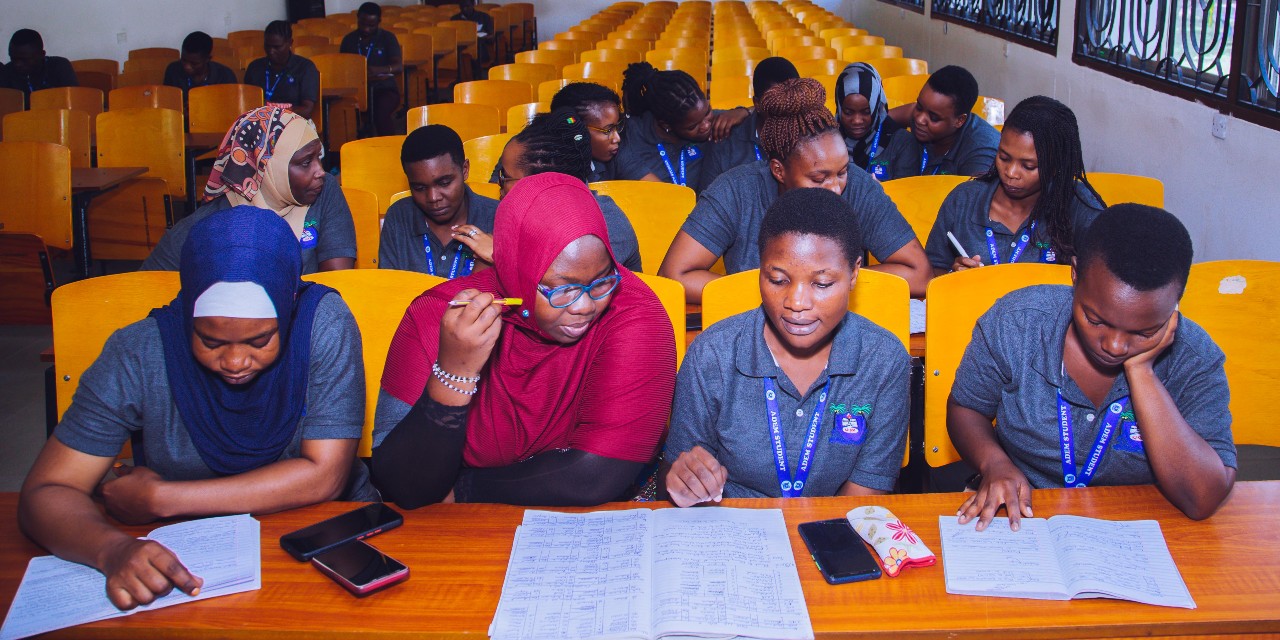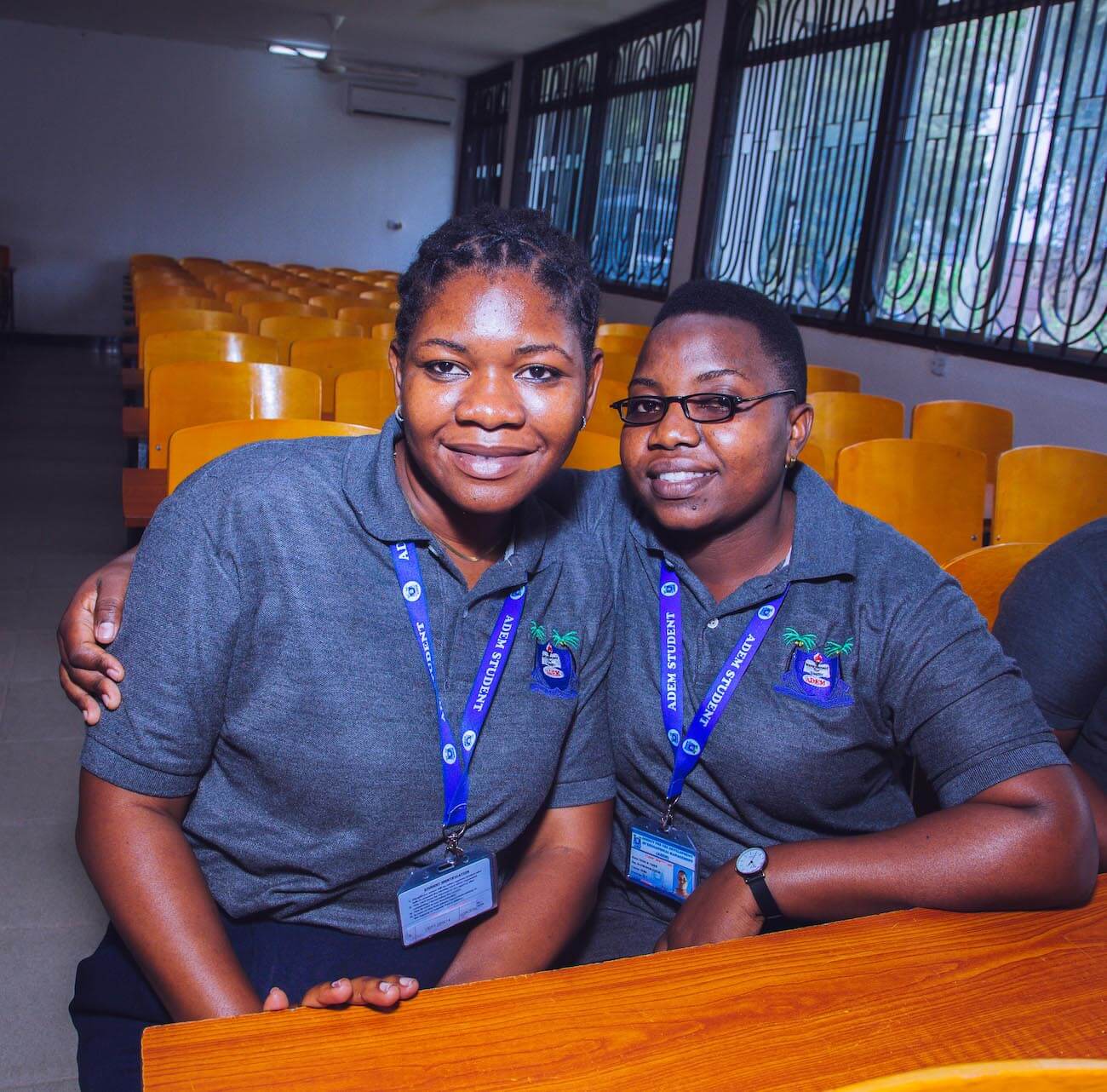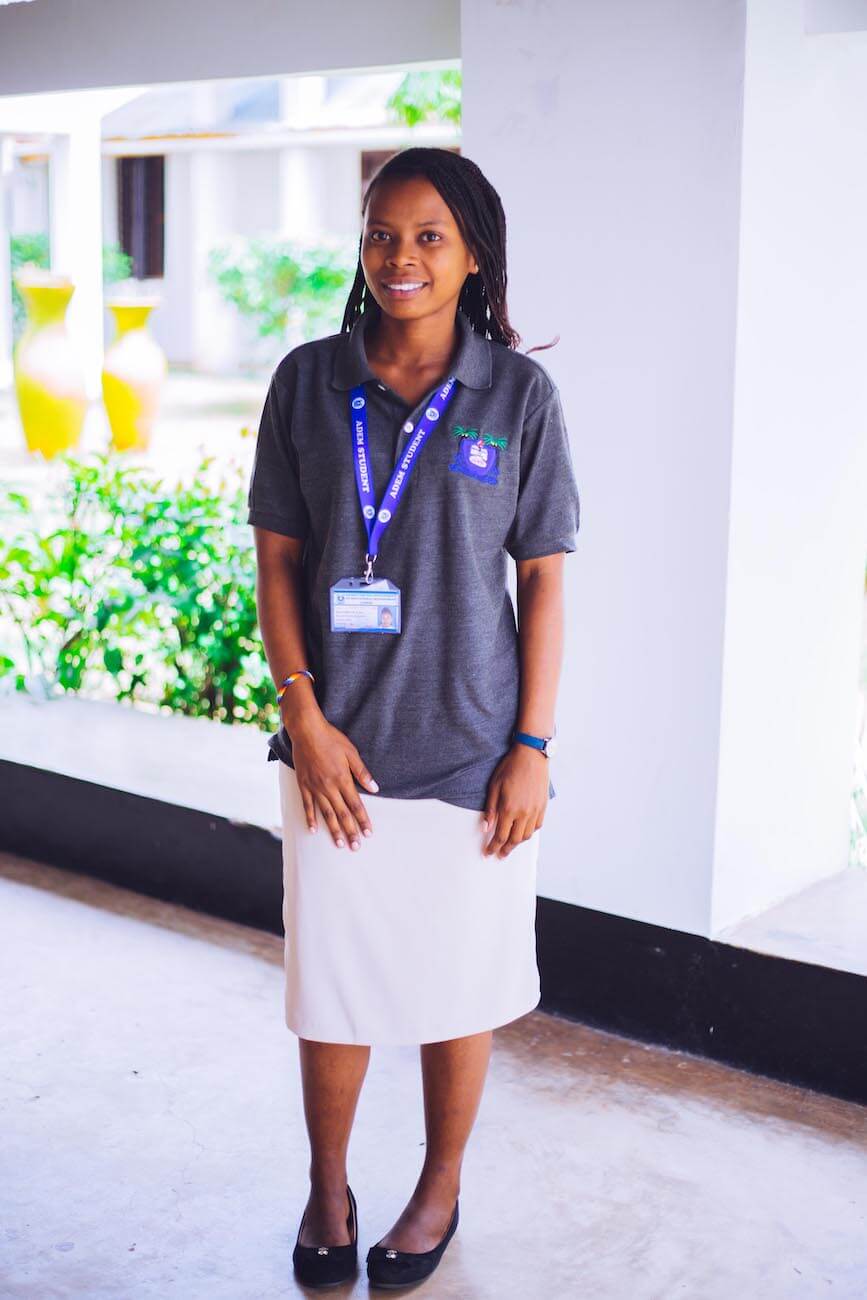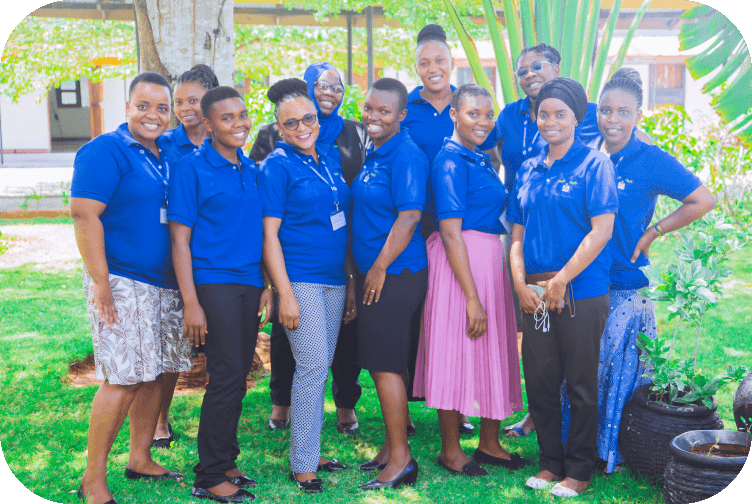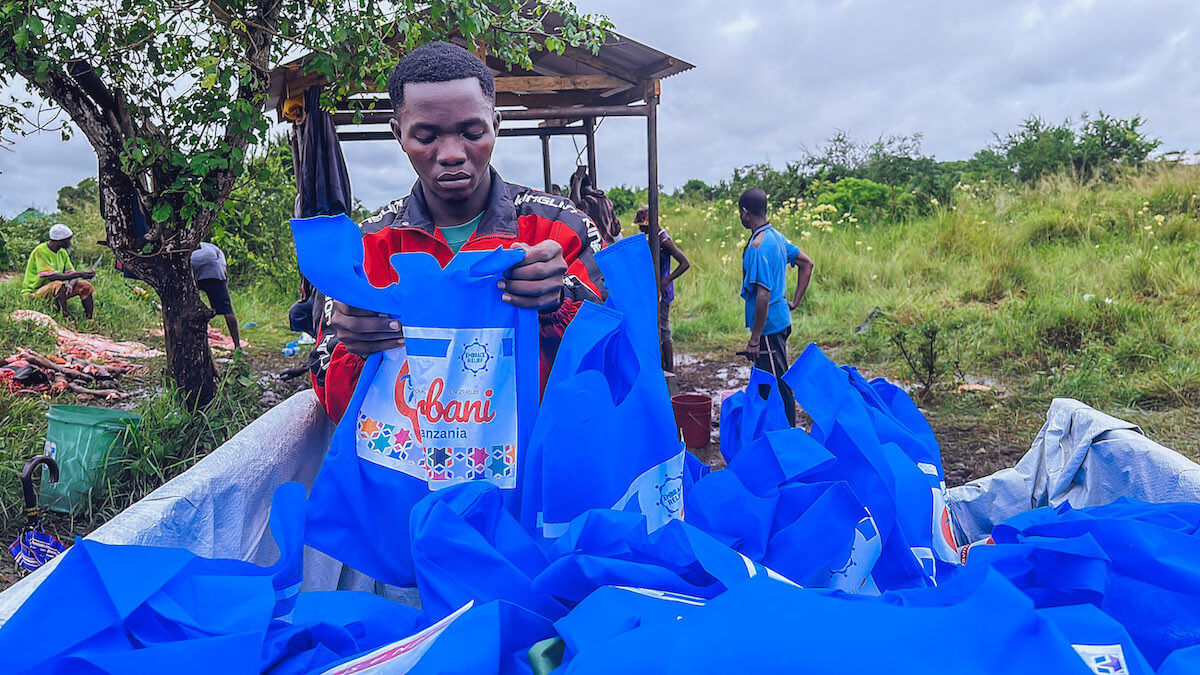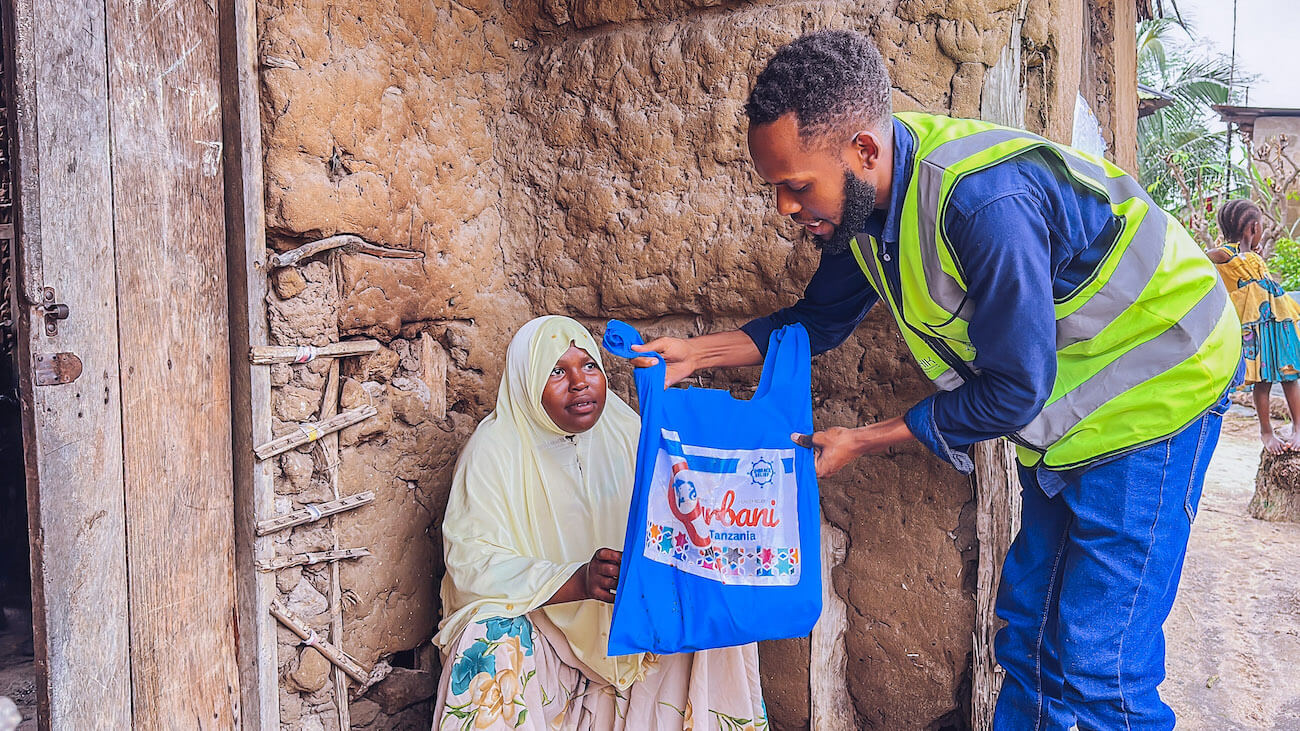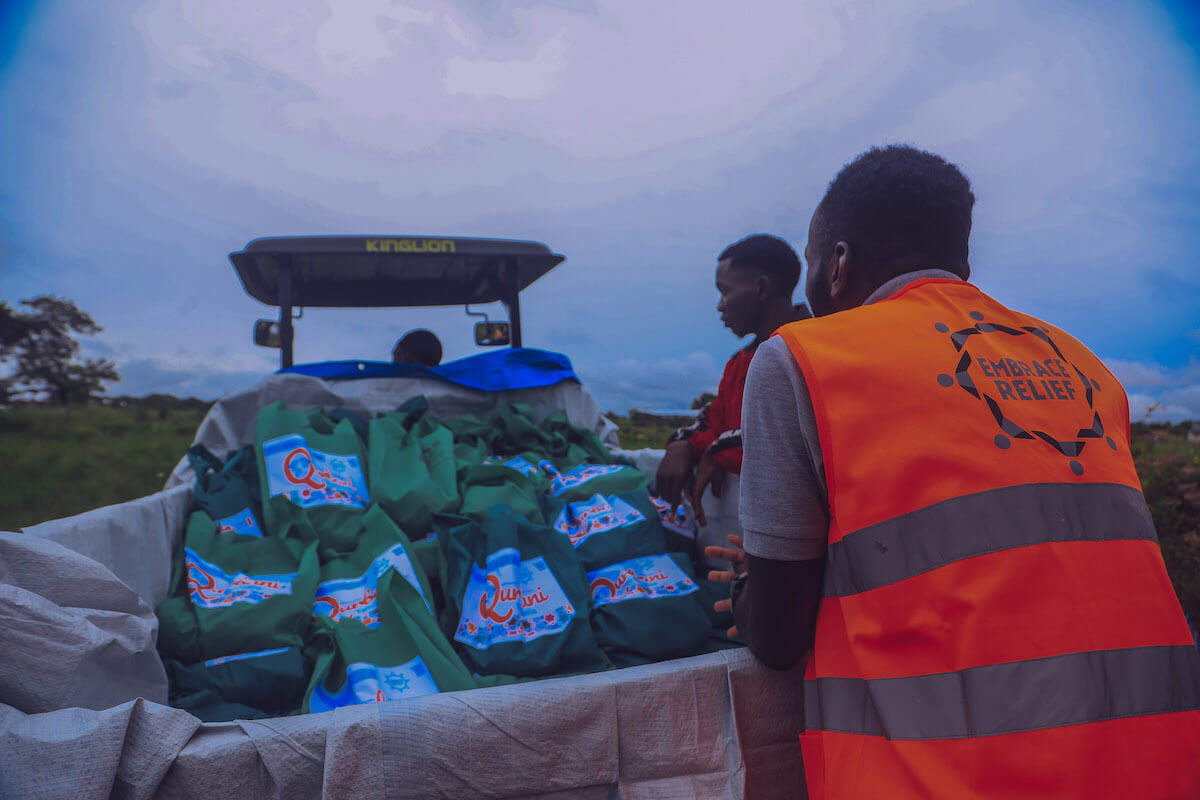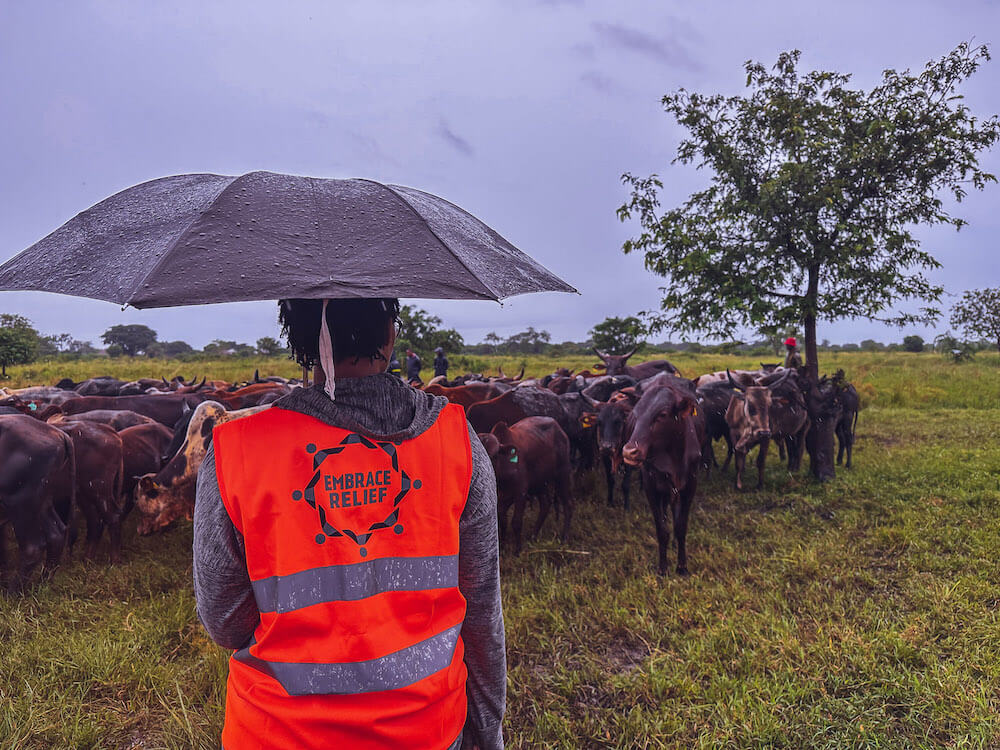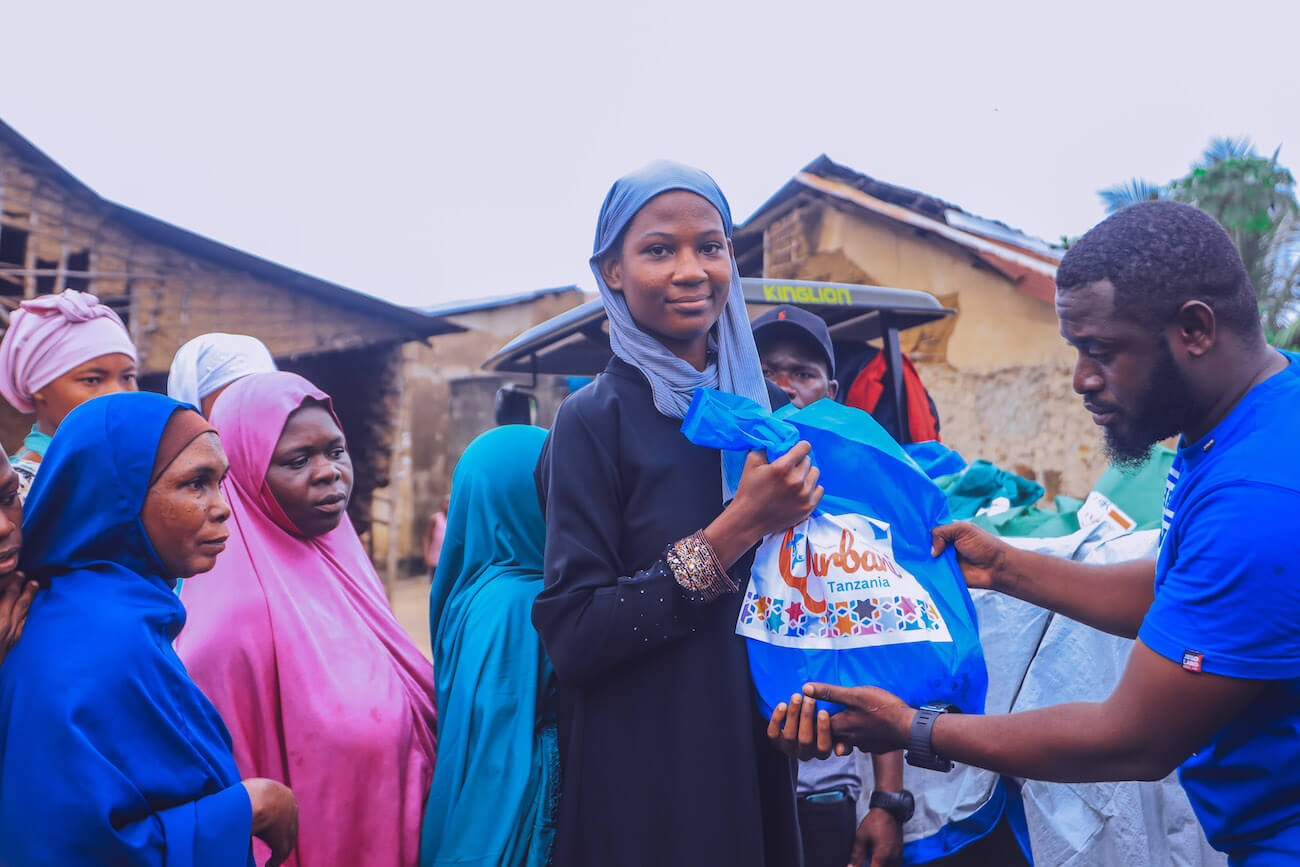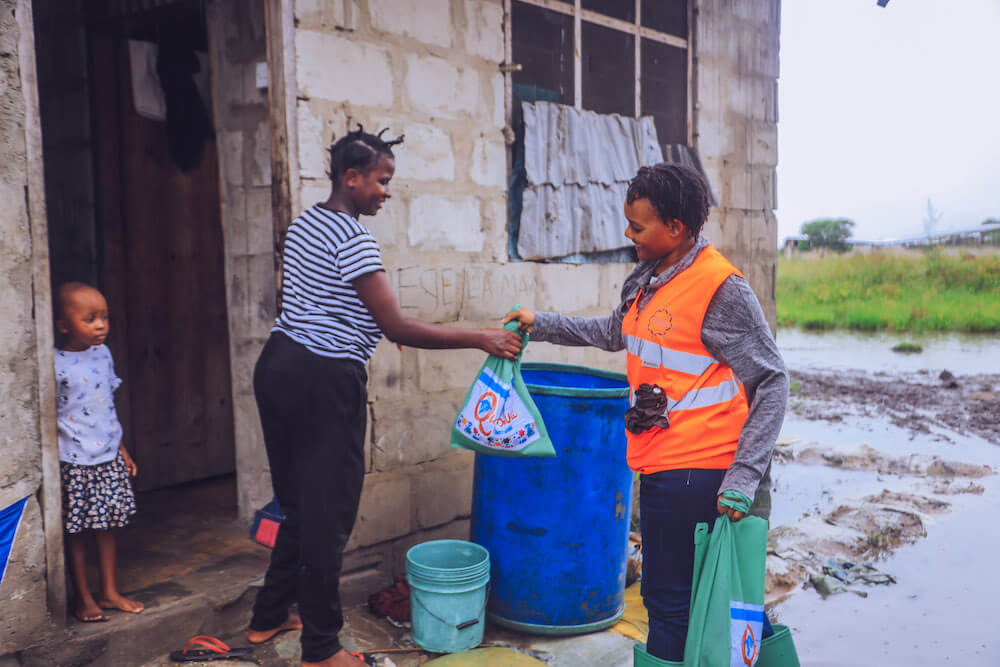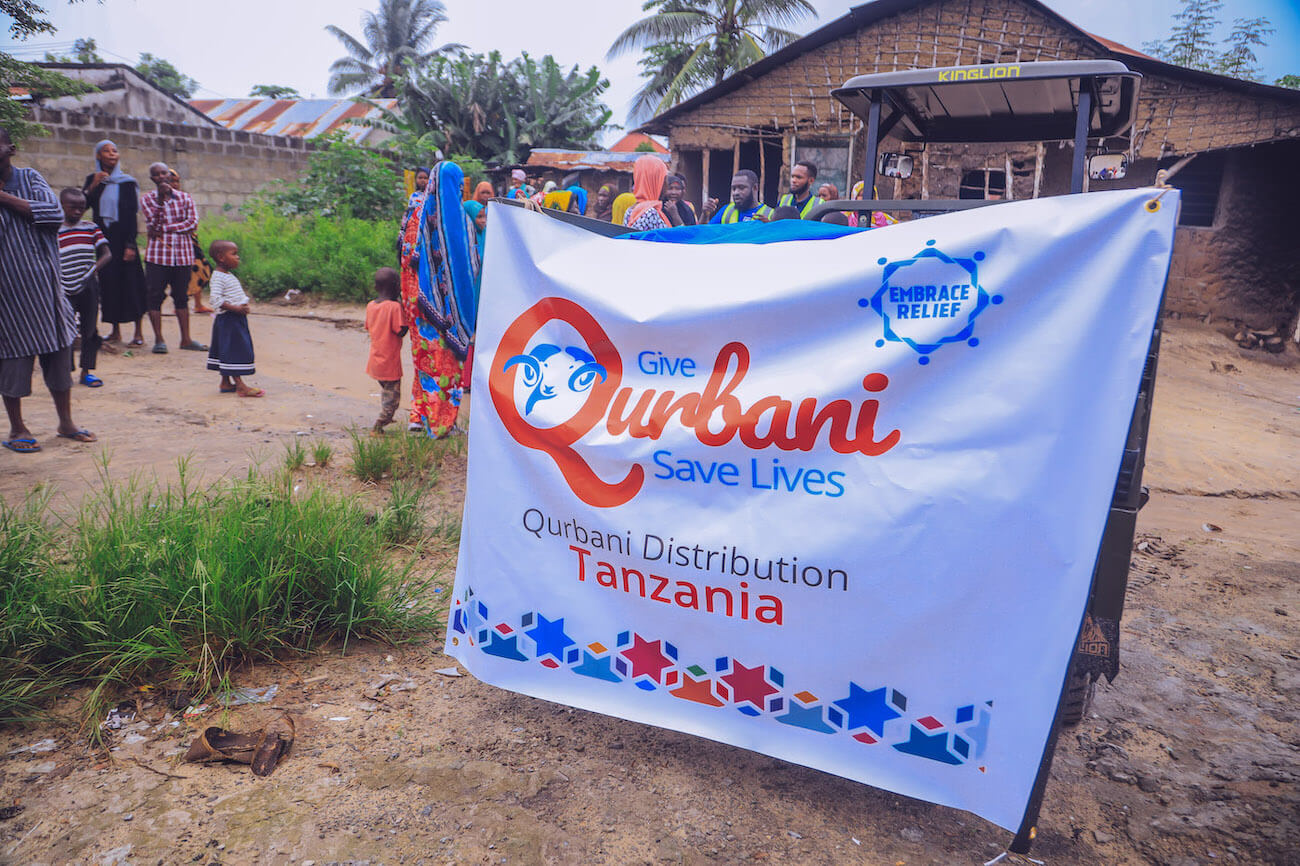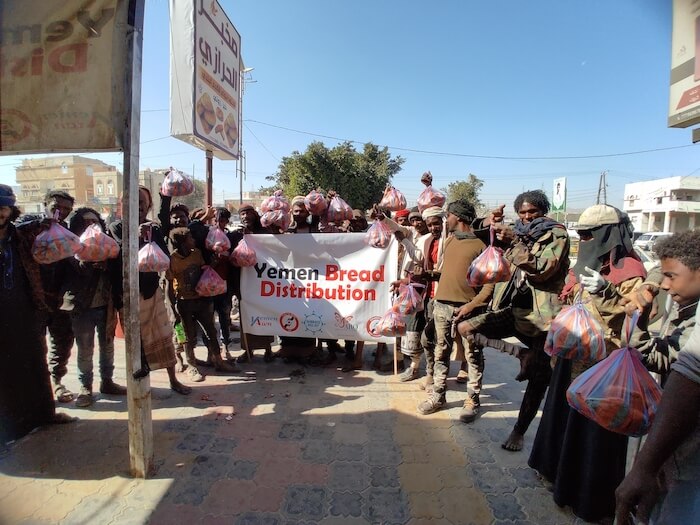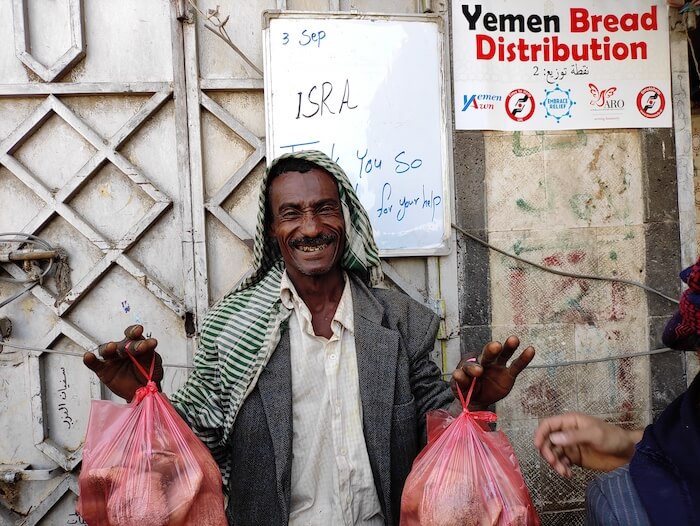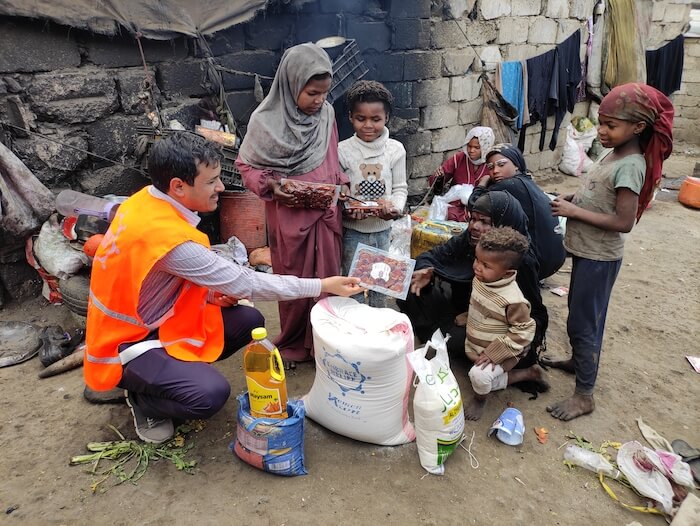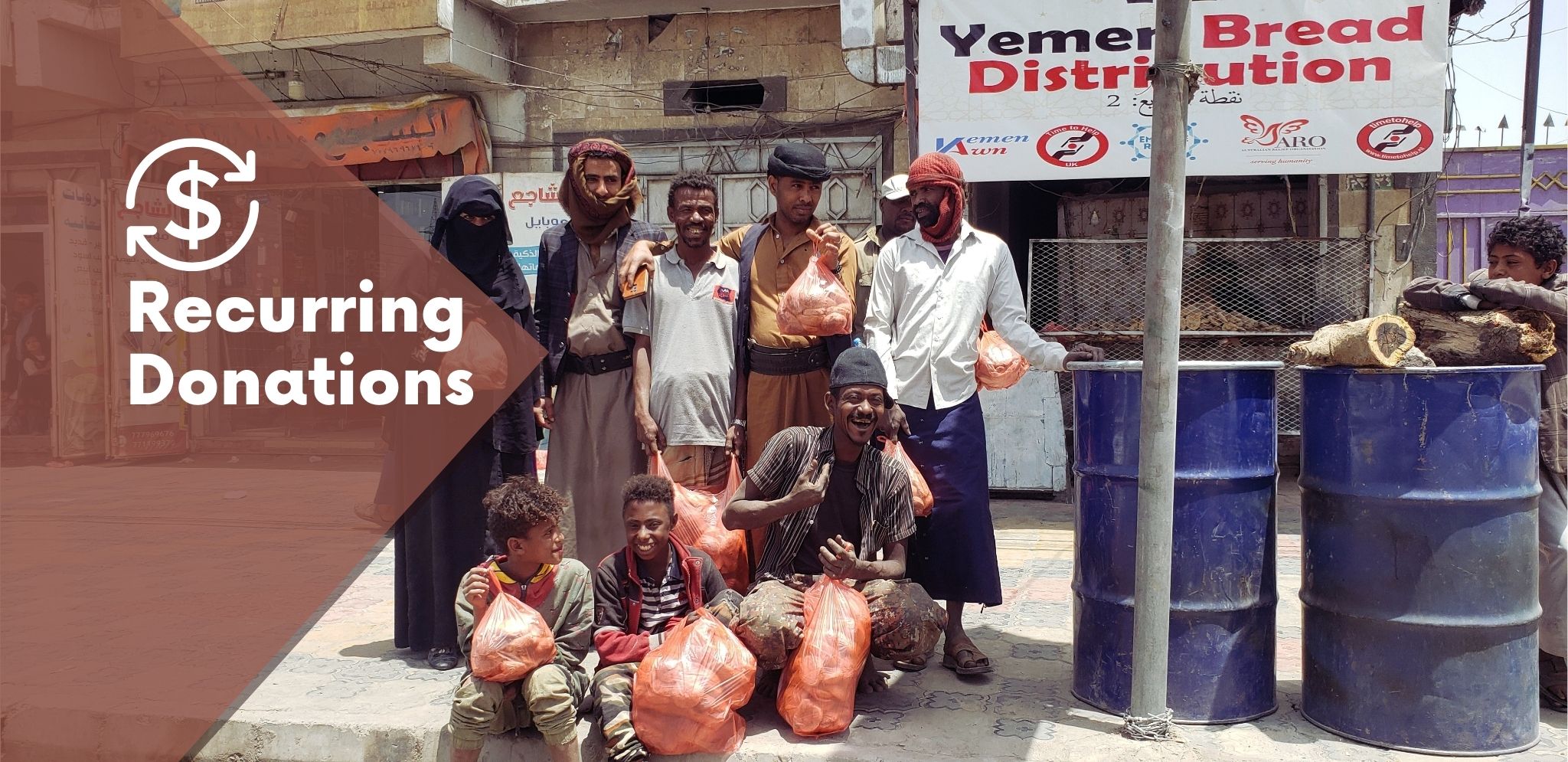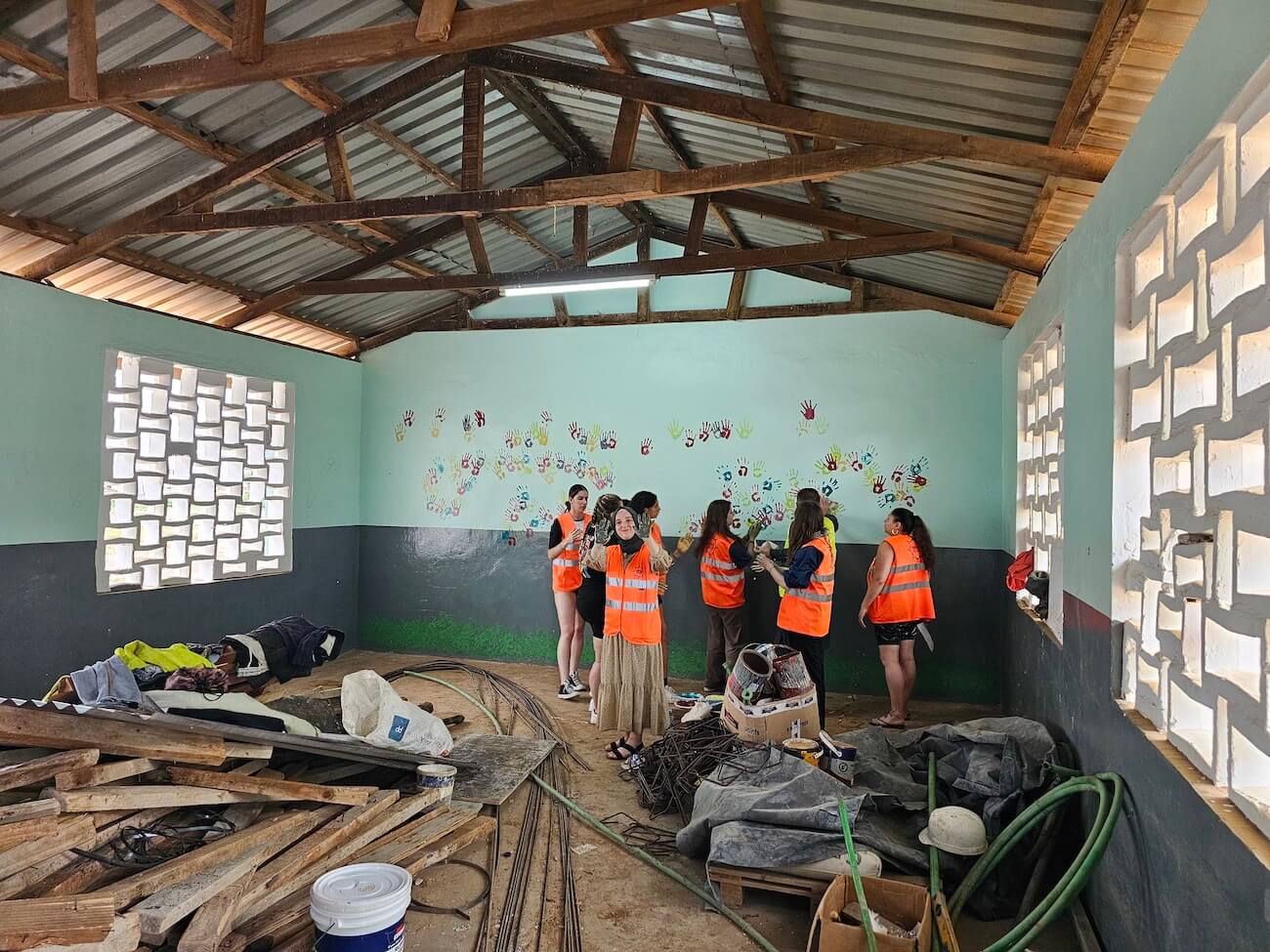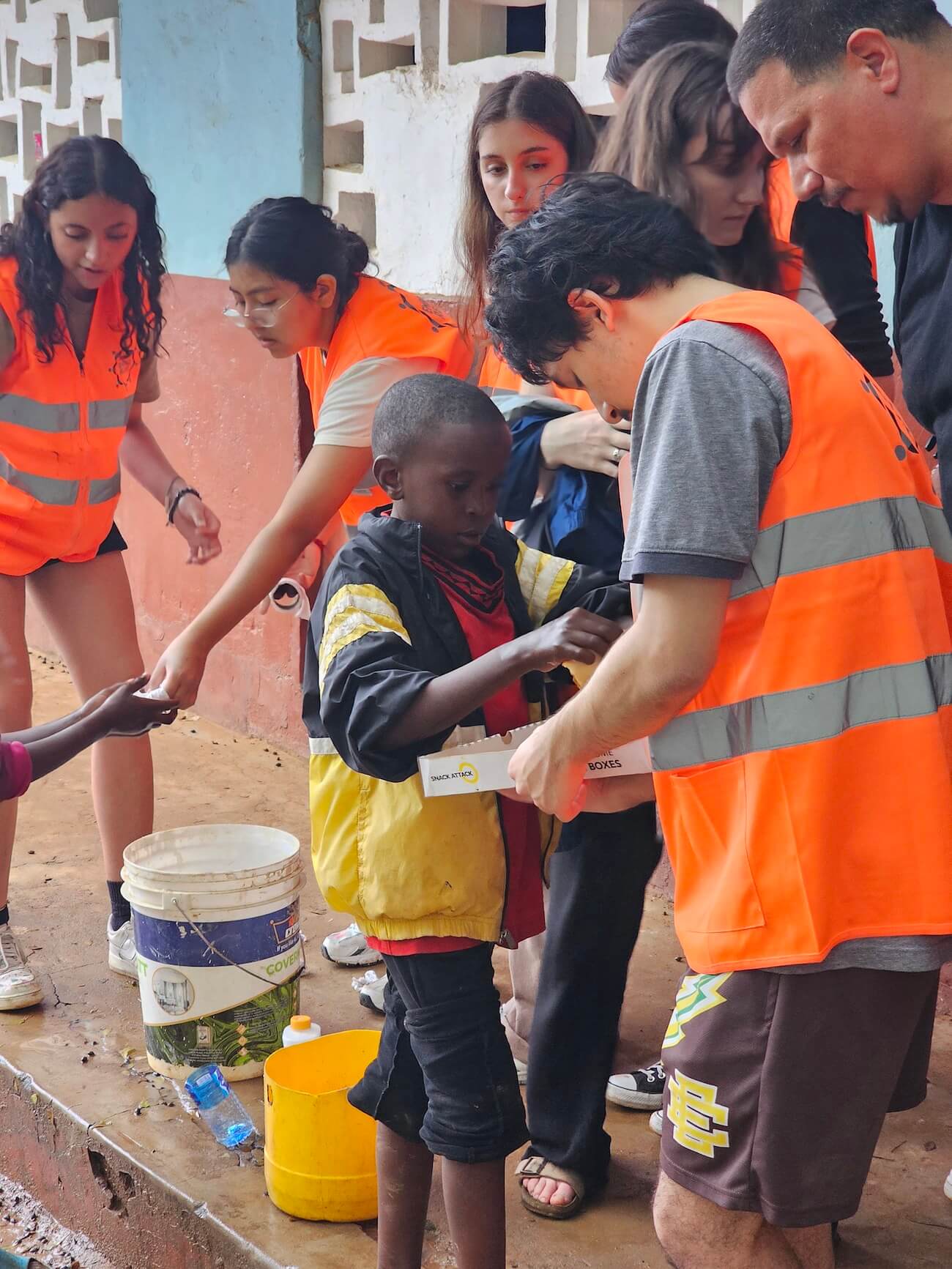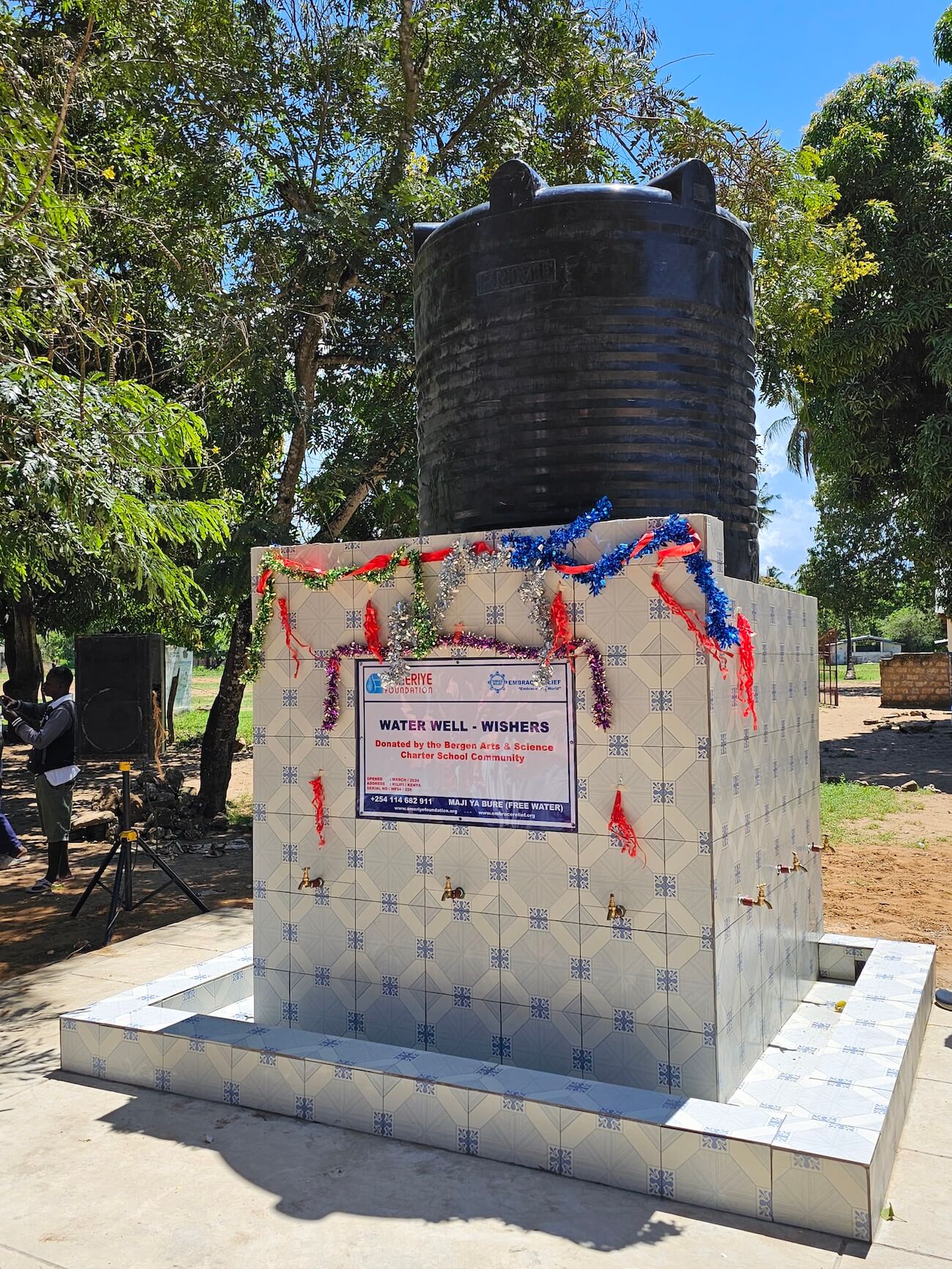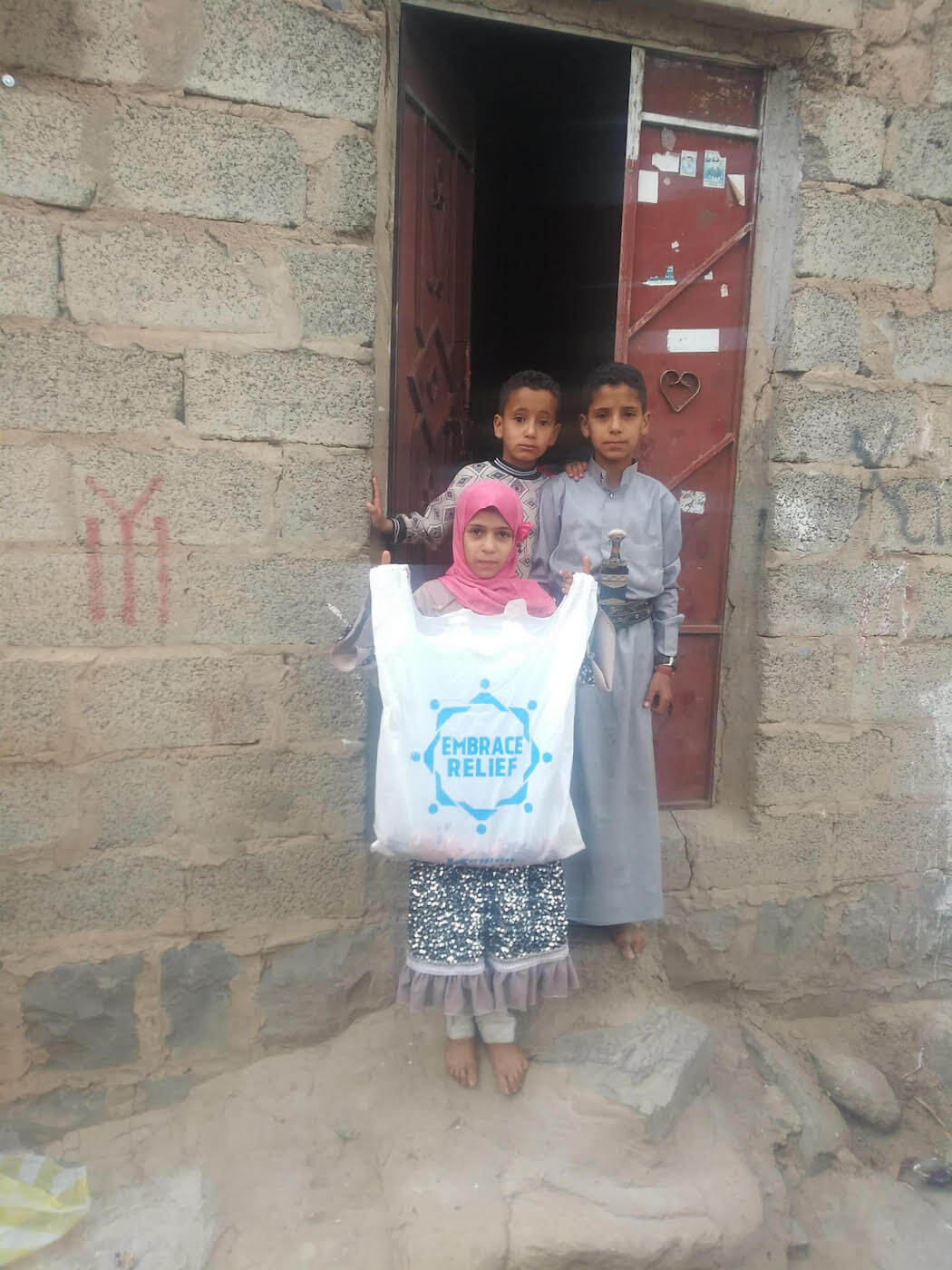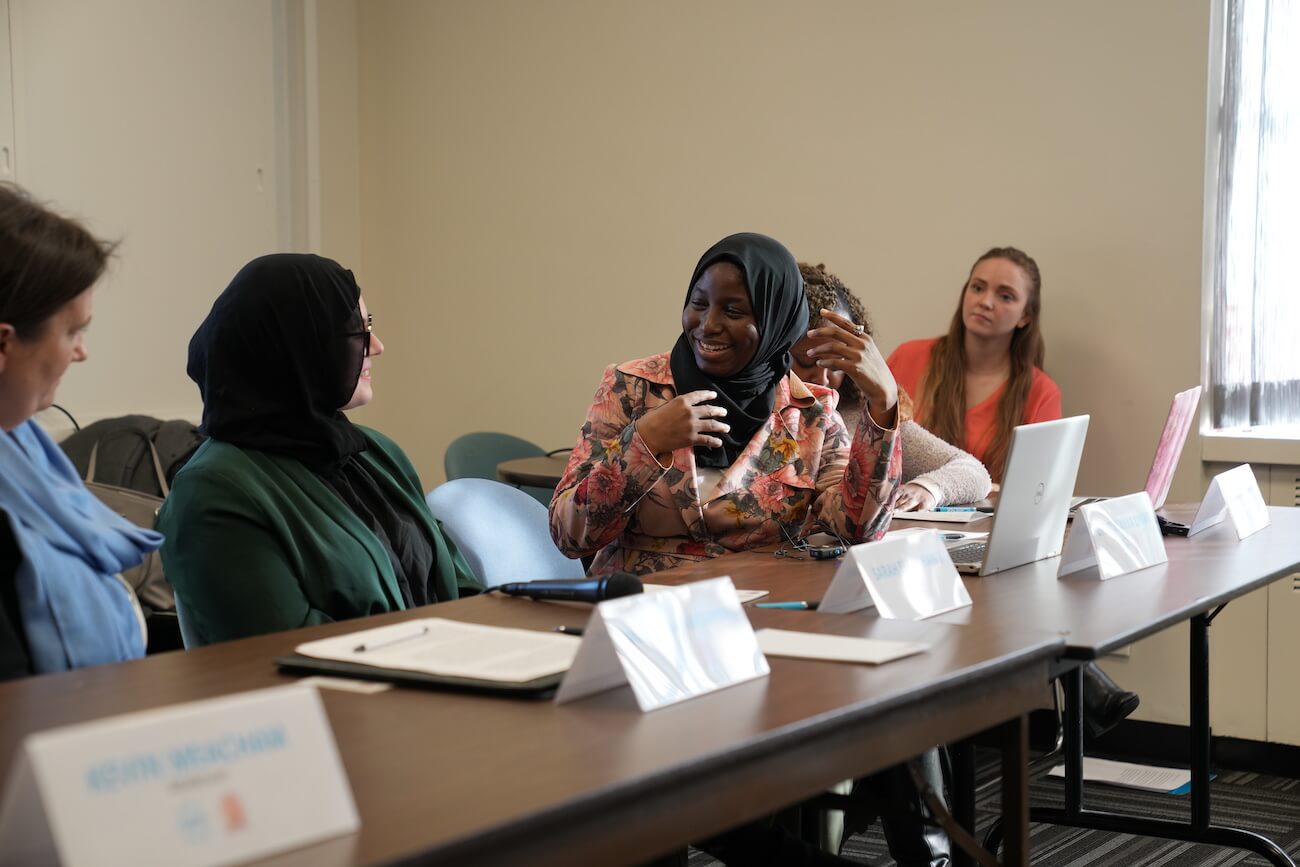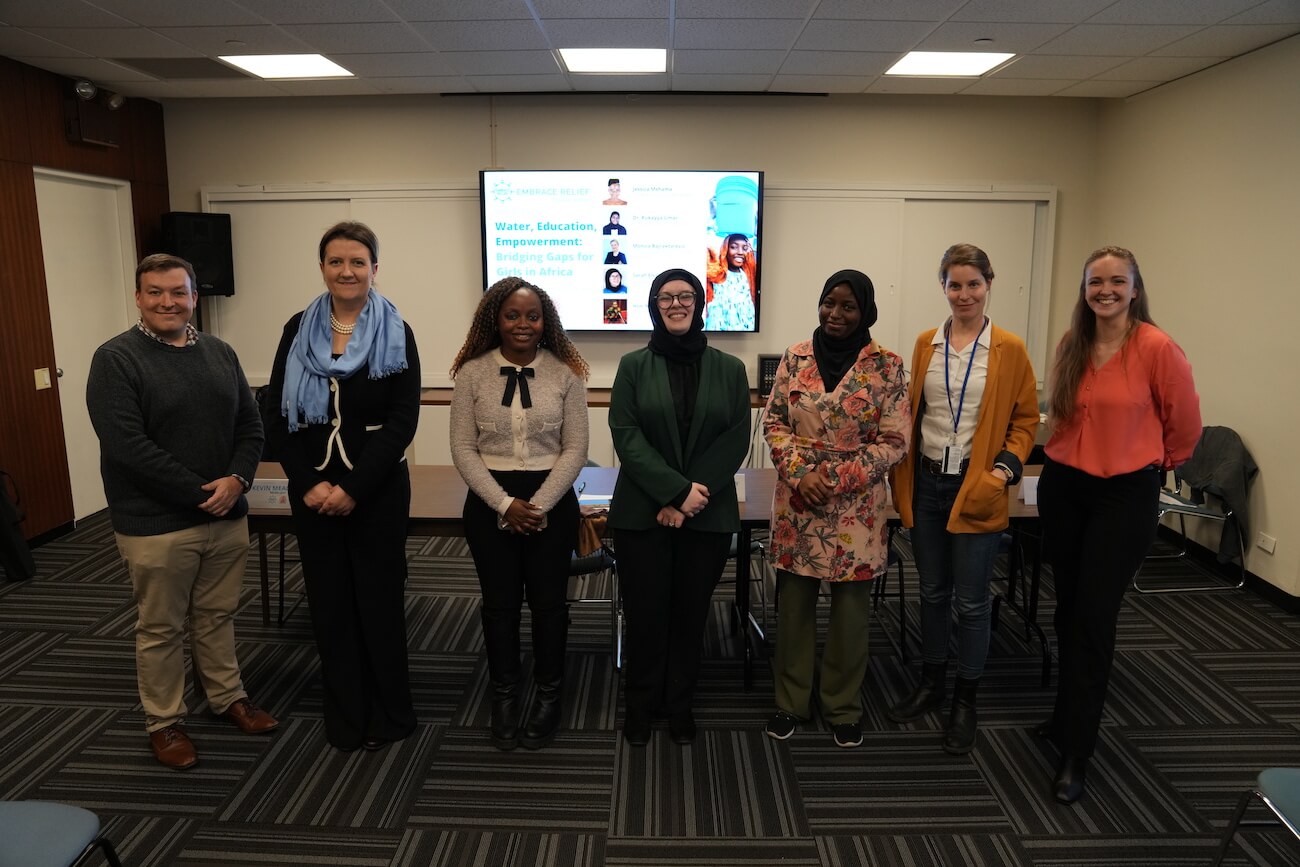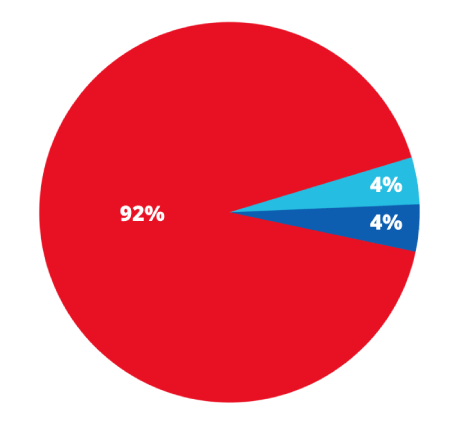Mother’s Day is a time to celebrate the remarkable women who have shaped our lives with their love, guidance, and sacrifice. It’s a day to express gratitude for all they’ve done for us. This Mother’s Day, why not honor your mom in a truly meaningful way by giving the gift of sight to someone in need?
At Embrace Relief, we believe in the power of compassion and the profound impact of small acts of kindness. One such act is sponsoring a cataract surgery in honor of your mom or wife. In Mali, Africa, there are thousands of people living with cataracts, a condition that clouds the eye’s lens and leads to blindness if left untreated. Unfortunately, children as young as 9 contract cataracts due to poverty, malnutrition, the harsh weather conditions, or a head injury. For many of these individuals, access to proper medical care is limited, and they face the prospect of living in darkness for the rest of their lives.
But there is hope. Through our health and cataract surgery program, we provide life-changing surgeries to those in need, restoring their vision and transforming their lives. Each surgery is just $100 and goes beyond covering the cost of a cataract surgery and includes:
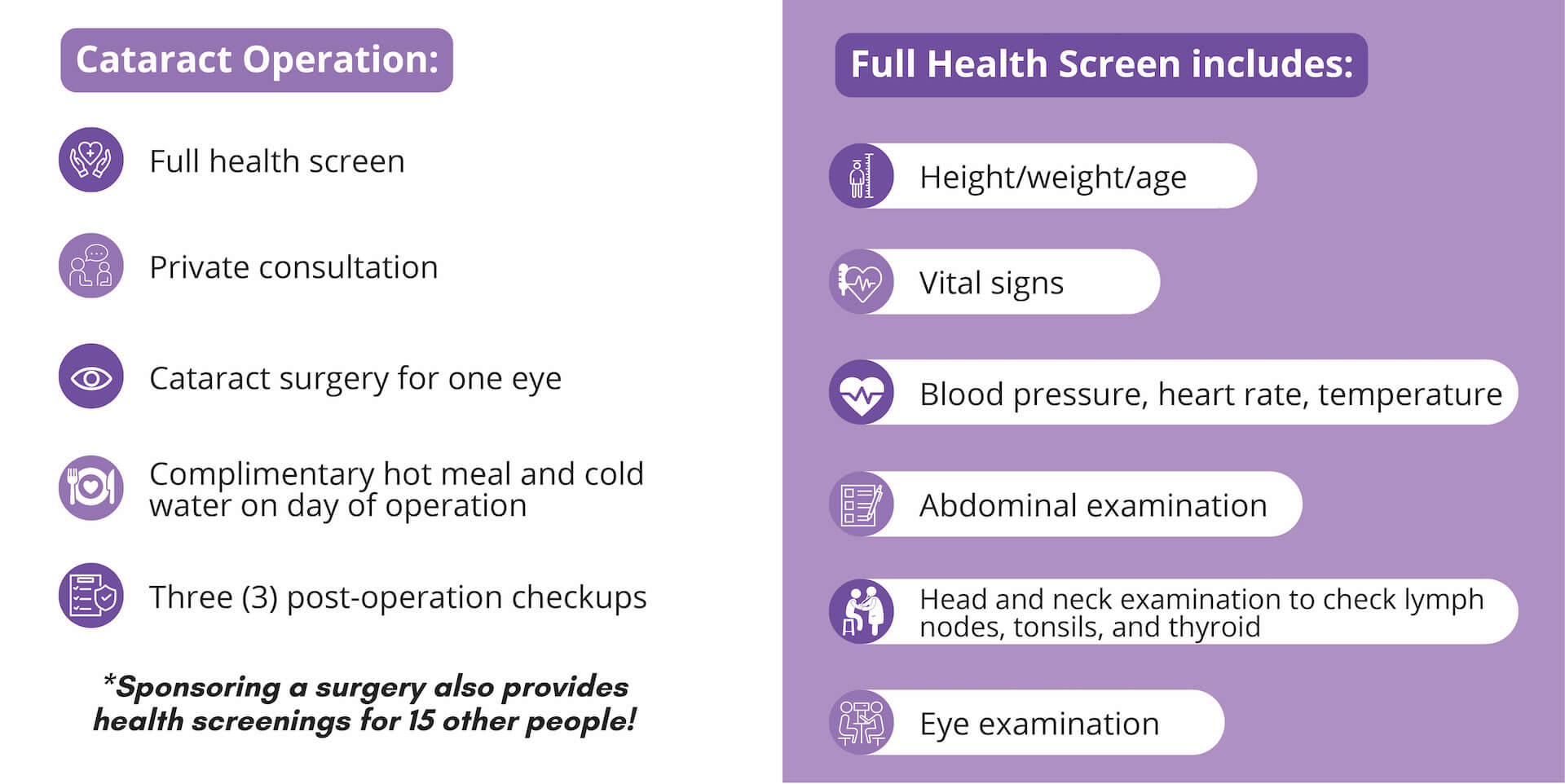
By sponsoring a cataract surgery in your mother’s name, you’re not only honoring her love, sacrifice, and commitment, but you’re also giving the gift of sight to someone who would otherwise live the rest of their life visually impaired.
It’s a beautiful way to show your appreciation for everything your mom has done for you, while also making a tangible difference in the life of another.
You can commemorate this special gift with a custom Cataract Surgery Certificate which includes a picture and information about the person whose surgery you sponsored.
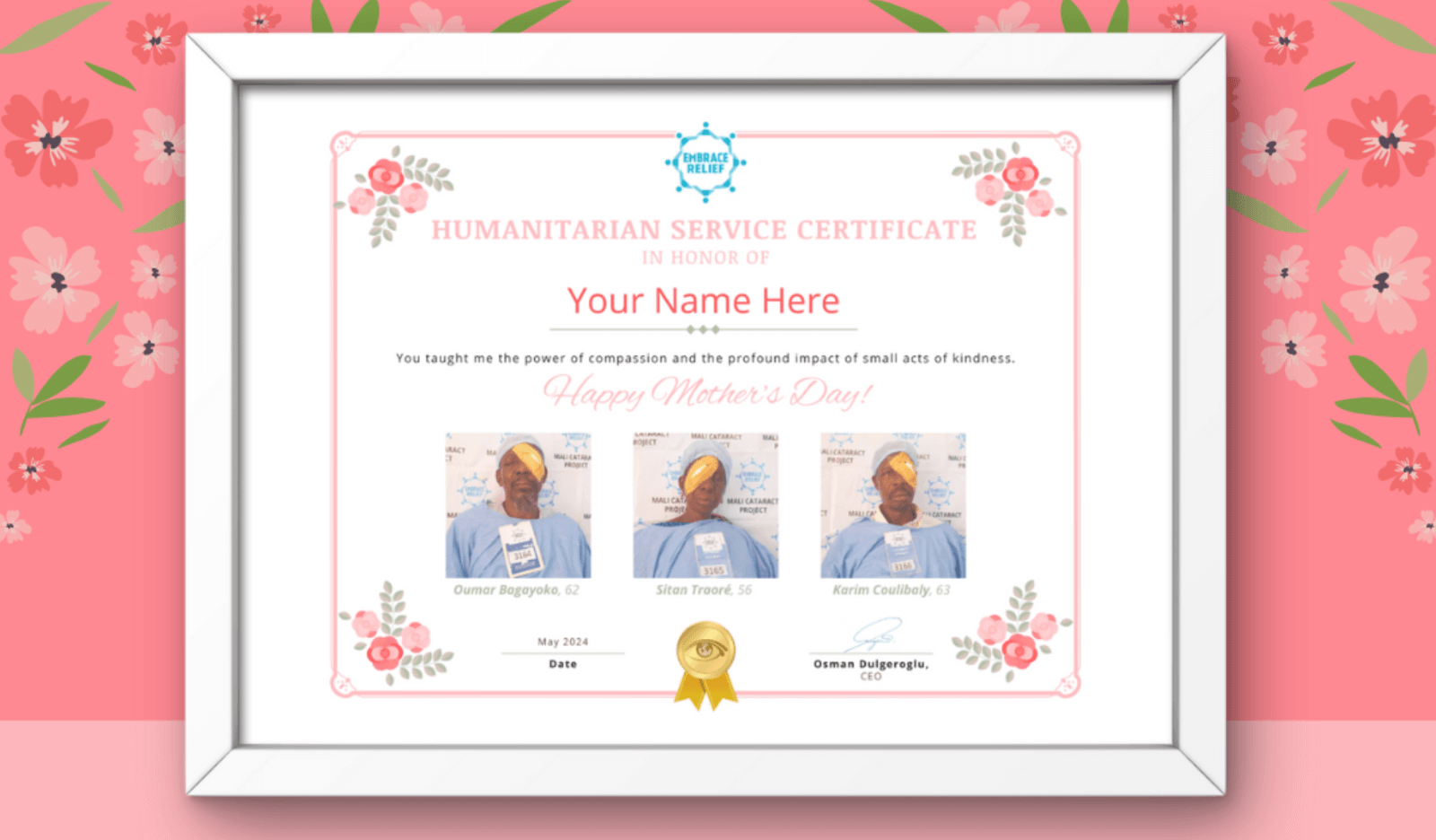
This Mother’s Day, let’s honor our moms in a meaningful way. Let’s give the gift of sight and transform lives together. It’s a gift that truly keeps on giving, spreading love, hope, and compassion to those who need it most. Join us in making a difference.
To sponsor a cataract surgery or learn more about our programs, please click here.
Donate to Embrace Relief’s Cure Cataract program in Mali!
That’s where Embrace Relief comes in. We support three clinics in the capital city of Mali, Bamako, which provide cataract surgeries free of charge to people who need them.
Thanks to donations from generous people like you, our clinics have been able to give 36,000 Malians – including thousands of children under the age of 10 – the gift of sight. A donation of just $100 can provide a life-changing cataract surgery, as well as a preventative health screening, for someone in need.
So for Cataract Awareness Month, join Embrace Relief and sponsor a cataract surgery through our Cure Cataract program! Give hope to people in Mali and make the world a brighter place with just a couple clicks.















